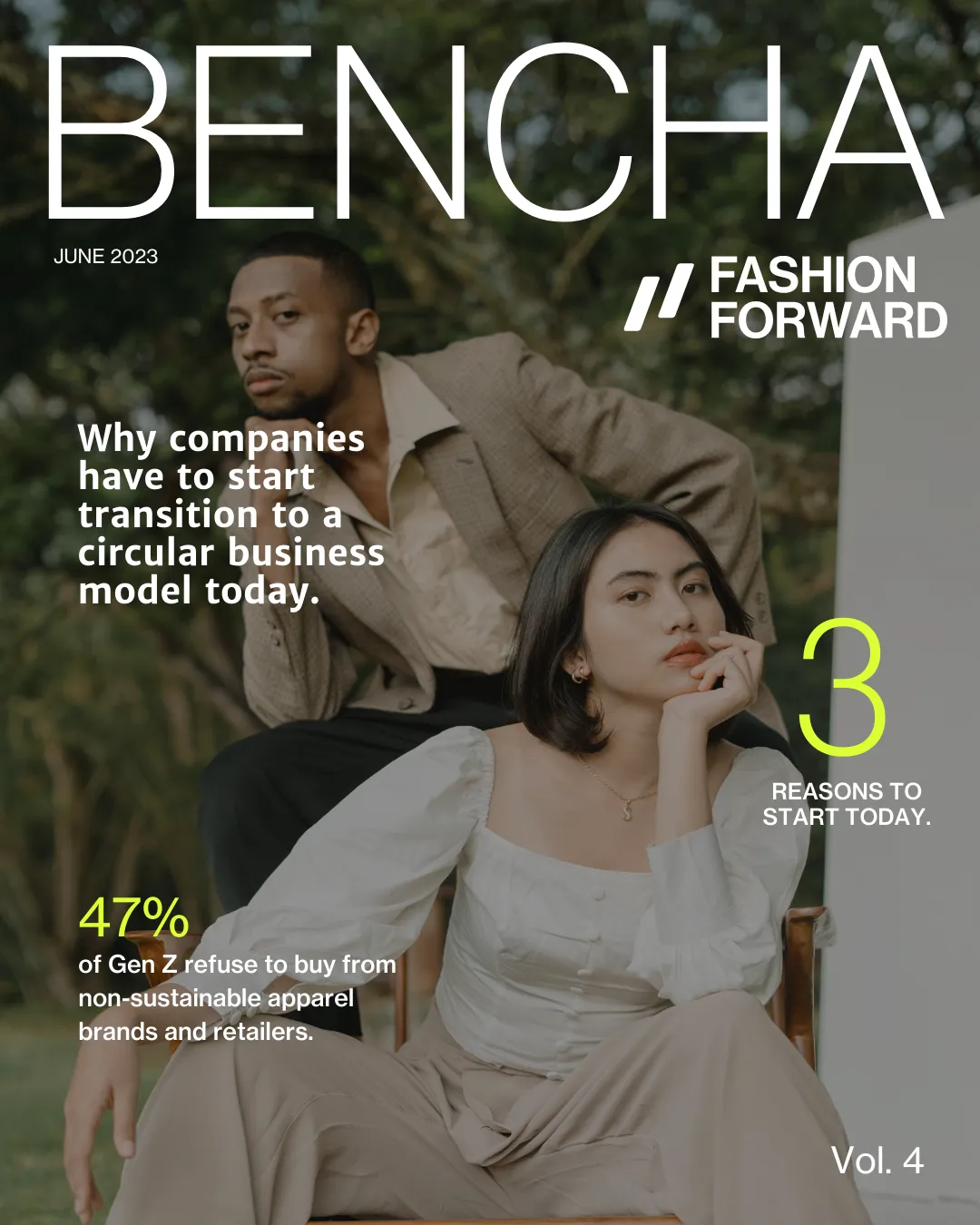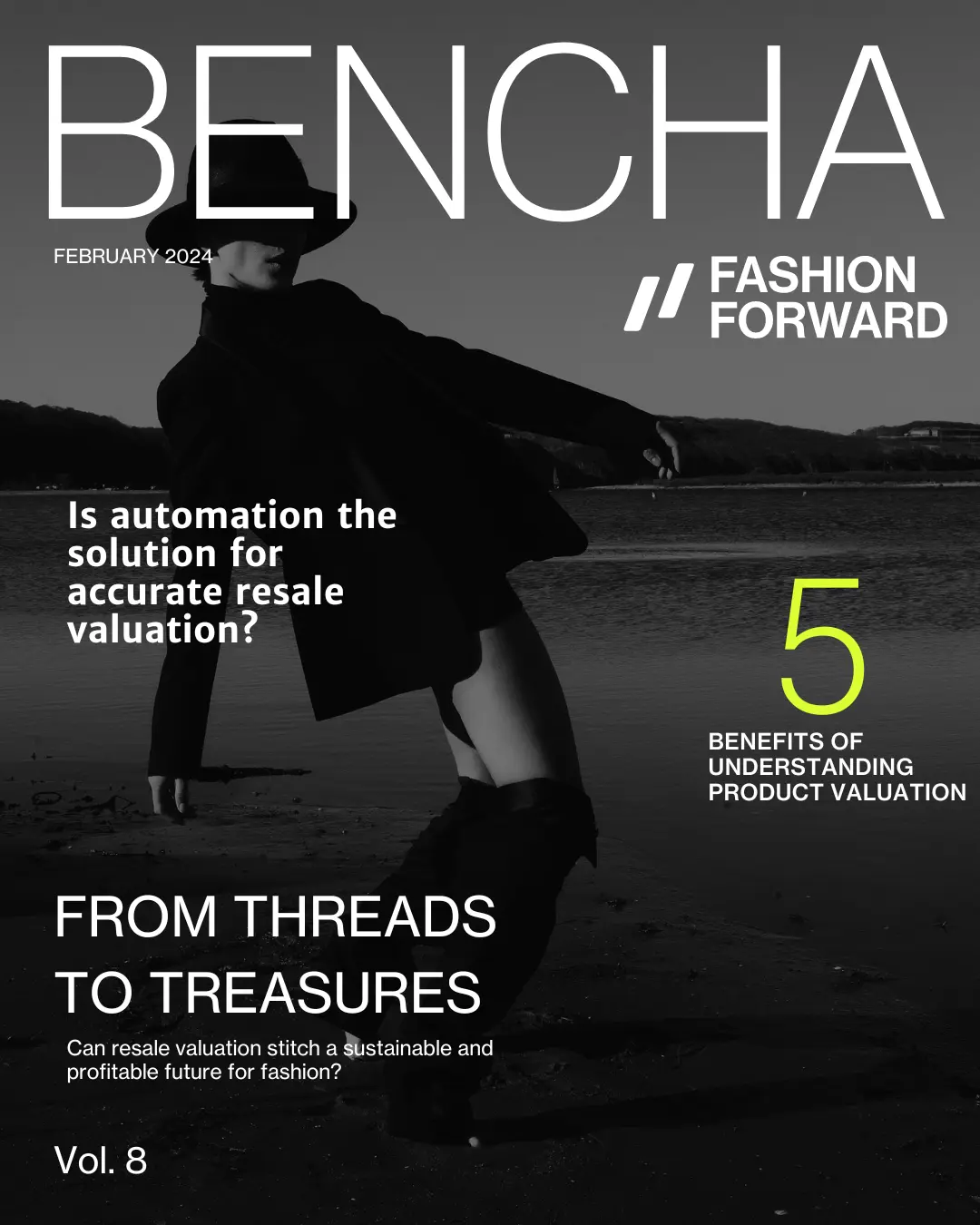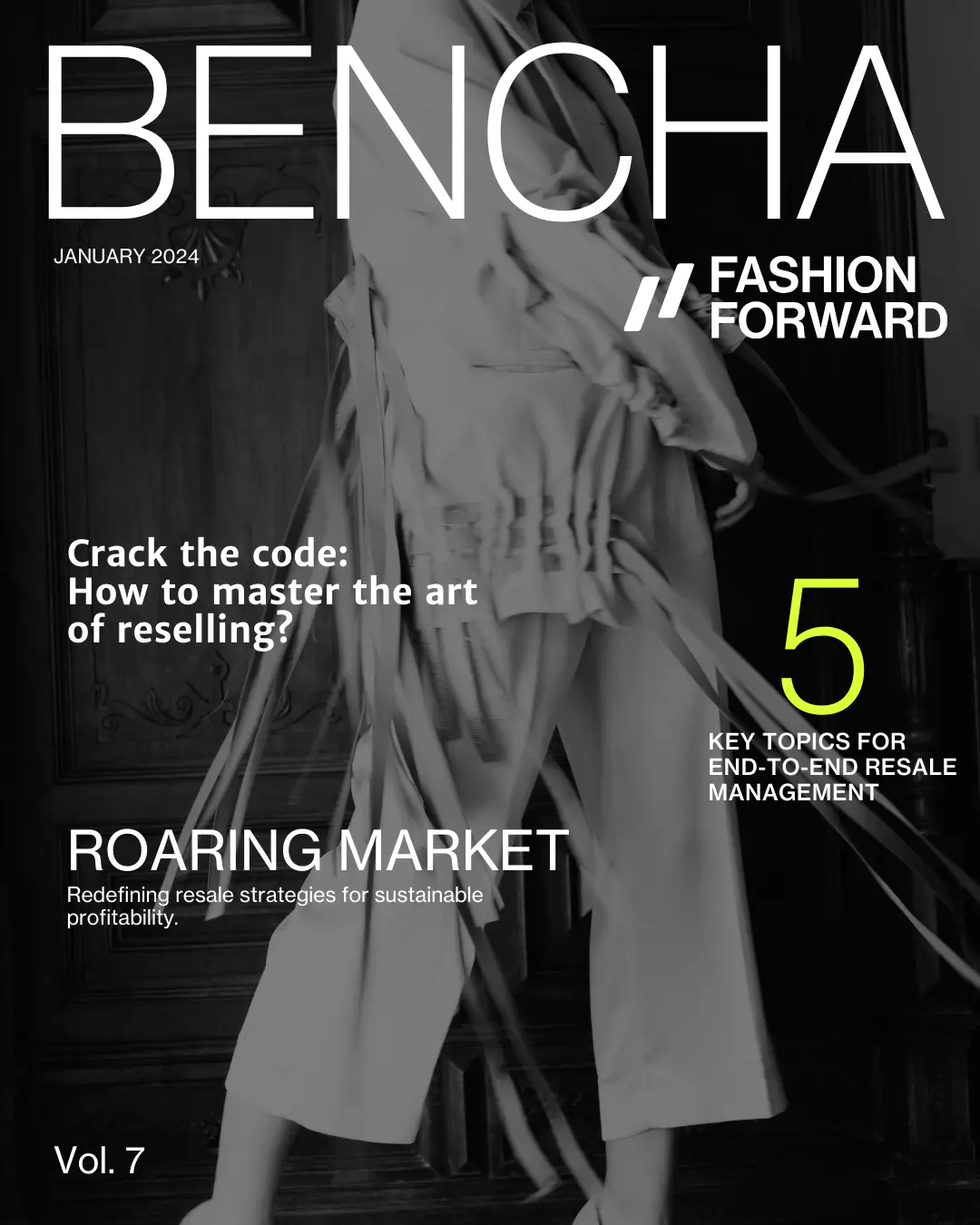Why companies have to start transition to a circular business model today
Next-generation customers together with new law regulations will push the fashion industry to transform a 100+ year-old linear model into a circular one. This will not happen in a straight path, nor will it happen overnight.

Why start transitioning today?
There are several compelling reasons why businesses should consider transitioning to a circular business model today.
CSRD/LAW regulations
Governments and regulatory bodies worldwide are implementing regulations, standards, and incentives that encourage or mandate the adoption of circular business models. The Corporate Sustainability Reporting Directive (CSRD) is a new law within the European Union (EU) that establishes comprehensive and enhanced requirements for sustainability reporting. It represents a substantial advancement compared to the current EU sustainability reporting regulations. It’s not just about your own operations – the CSRD requires you to report on your entire value chain. Companies will be expected to comply with the Directive as soon as the 2024 fiscal year. By proactively embracing circularity, businesses can ensure compliance with existing and future regulations, avoiding potential penalties or market restrictions.
Switching consumer behavior
Embracing a circular economy can provide businesses with a competitive edge. Consumers are increasingly prioritizing sustainability, and companies that adopt circular practices are perceived as more environmentally responsible and forward-thinking. Failure to meet these requirements may result in consumers turning away from brands.
47% of Gen Z refuse to buy from non-sustainable apparel brands and retailers, up 11 pts from 2021.
Source: GlobalData 2023 Market Sizing and Growth Estimates
Stakeholder Expectations
Investors, employees, and other stakeholders increasingly expect businesses to prioritize sustainability and take responsibility for their environmental and social impacts. Adopting a circular business model demonstrates a commitment to corporate social responsibility, attracting and retaining talent, fostering investor confidence, and building stronger relationships with stakeholders.
Overall, transitioning to a circular business model not only benefits the environment but also offers a range of economic and strategic advantages, making it a compelling choice for businesses looking to thrive in a rapidly changing world.


